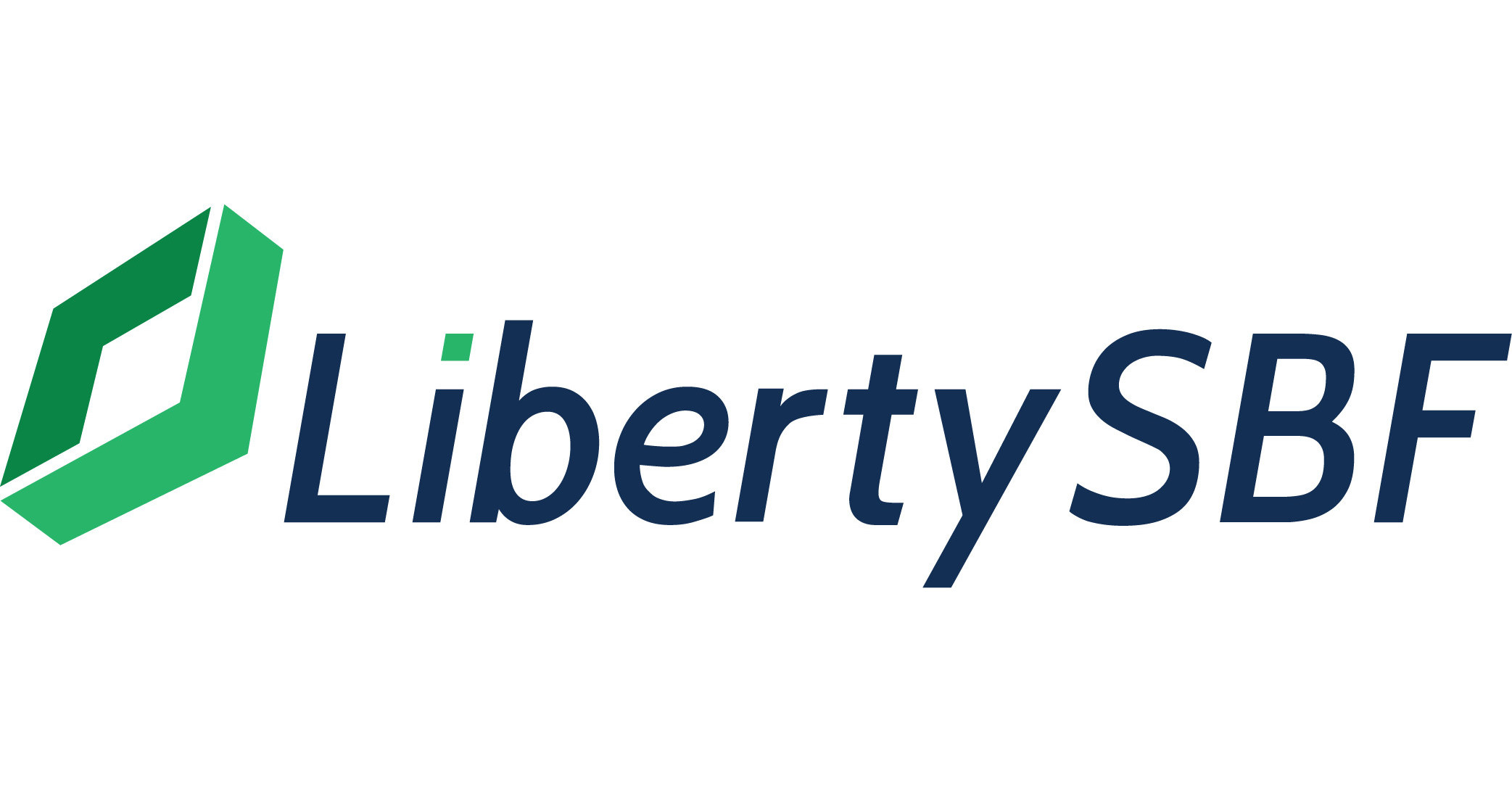For Brokers, Finding Bridge Loan Borrowers Can Mean Extra Income

As the coronavirus pandemic upended the national economy, commercial real estate owners and investors braced for a plunge in asset prices and a wave of forced selling similar to the sell-off after the financial crash in 2008. That massive sell-off never materialized, due largely to wide-ranging federal stimulus efforts, but also thanks to highly structured financial products like bridge loans and SBA 504 loans, which have allowed owners to hold onto their properties while they waited out the pandemic.
Those loans have also been a boost for savvy brokers. By referring clients who need bridge and SBA loans to accredited lenders, brokers have been able to earn incremental income while helping to keep their clients financially healthy.
While the economy is recovering, many real estate owners and developers have seen their business plans set back by a year or more and need to fill a gap in financing in order to stabilize their properties. With interest rates still so low, small-balance commercial direct lenders like Liberty SBF are offering high-leverage, low-cost loans for borrowers.
“A quick-close bridge loan can be a source of liquidity for borrowers and an alternative to the last resort of selling a property,” Liberty SBF CEO Alex Cohen said. “Brokers should be checking in with their clients and looking for these opportunities wherever they can.”
Most CRE borrowers are familiar with bridge and structured mezzanine debt products, but many have never considered SBA 504 loans before, Cohen said. These loans can be great high-leveraged products, especially for hard-hit asset classes like hospitality and retail. Liberty SBF has been refinancing conventional debt at between 80% and 85% loan-to-value for hospitality assets. It can also capitalize brokers’ fees and up to two points of referral fees, providing brokers with valuable income during a slow time in commercial real estate.
Brokers shouldn’t just look for owners in distress when they comb through their client base for possible bridge or SBA loan recipients. Some owners may want to use a bridge loan to pull cash out of one property in order to acquire another property. Investors may find that a bridge loan can close much more quickly than permanent financing on a new acquisition, allowing them to outbid rival buyers.
“A bridge loan can help investors snag that property quickly,” Cohen said. “With so much capital on the sidelines, there’s a lot of competition for assets right now. Pricing may be the most important factor, but speed to close is also hugely important. An owner may take a lower bid just for the speed of closing.”
While some borrowers are hoping to quickly snatch an asset from the competition, others are looking to buy time on assets they already own. Some owners may be actively renovating or repositioning a property, perhaps even changing its asset class entirely, and need more time for construction, capital expenditures or leasing.
Other borrowers may just want to wait for a more opportune time to get permanent financing. Once they are ready, Liberty SBF can transition bridge borrowers directly to permanent financing either through its own programs or externally through agency or CMBS funding.
Cohen described how many borrowers, especially in downtown multifamily and office assets, have been asking for details about prepayment, as there is a chance they may be able to complete their business plans even faster than their loan terms. Liberty SBF offers flexible prepayment plans on many of its deals to help clients accomplish this.
Bridge and SBA loans can fill a gap within the wider ecosystem of the capital markets. Many smaller borrowers may not be able to go to a bank or institutional lender.
“Under $10M, there are fewer reliable options in the bank market, and brokers need to be careful to choose a reliable lending source,” Cohen said. “Liberty SBF is not a high-yield lender. Our focus is on providing a long-term financing relationship and the lowest-cost financing available to our clients.”
Cohen described how many direct lenders will lock borrowers into paying minimum interest for a year or longer and price their loans at between 9% and 12% interest. Most of the fixed-rate loans that Liberty SBF is making are between 3% and 4% and, depending on the deal, may not require a minimum interest clause at all.
“No matter whether it’s a simple multifamily building or a more niche asset class like skilled nursing, we can lend across the country,” Cohen said. “We’re working closely with the broker community to provide them with incentives that will help keep this industry humming during the recovery.”
This article was produced in collaboration between Liberty SBF and Studio B. Bisnow news staff was not involved in the production of this content.
Studio B is Bisnow’s in-house content and design studio. To learn more about how Studio B can help your team, reach out to studio@bisnow.com.

